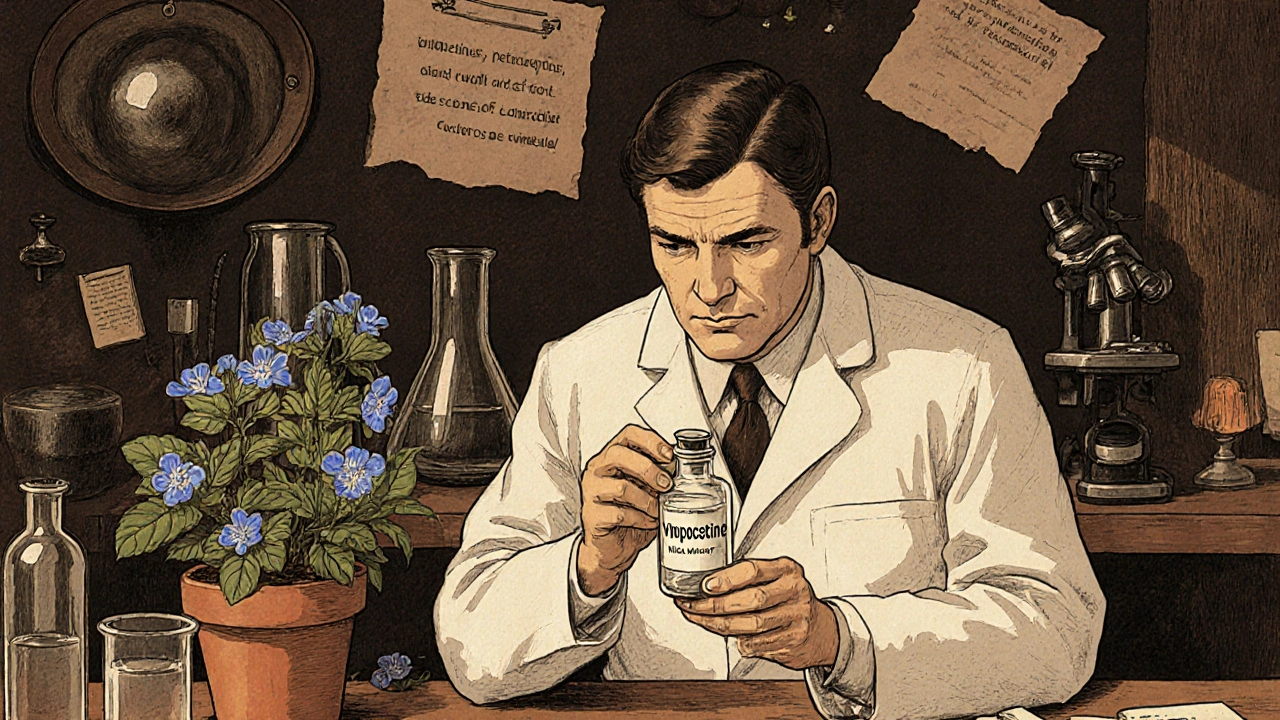Free Radicals: What They Are and Why They Matter
When talking about free radicals, highly reactive molecules that steal electrons from other cells, causing damage. Also known as reactive oxygen species, they show up whenever our bodies turn food into energy, when we’re exposed to UV light, or when we smoke. Oxidative stress, the imbalance between free radicals and the body’s ability to neutralize them is the direct result. In plain terms, too many free radicals push the body into a state where damage builds up faster than repair. This relationship creates a clear semantic triple: free radicals cause oxidative stress, oxidative stress leads to cellular problems, and those problems drive health issues.
How Free Radicals Influence Health
Our cells aren’t defenseless. Antioxidants, molecules that donate electrons without becoming unstable themselves step in to calm the chaos. Foods rich in vitamin C, vitamin E, and polyphenols are natural antioxidant sources that help keep free radicals in check. When antioxidants do their job, they break the chain: antioxidants neutralize free radicals, which reduces oxidative stress and limits cell damage, the injury to proteins, lipids, and DNA caused by excess free radicals. That protection matters because cell damage is the starting point for many long‑term problems. Think of it as a domino effect: free radicals → oxidative stress → cell damage → inflammation, and finally, chronic disease.
Why should you care about this chain? Because the end of the line often lands on chronic disease, conditions like heart disease, diabetes, neurodegeneration and certain cancers that develop over years. Research consistently links high oxidative stress levels to faster aging, weaker immune response, and higher risk of these illnesses. The good news is that lifestyle tweaks—eating antioxidant‑packed foods, exercising, avoiding smoking, and managing stress—can tip the balance back toward health. In the article collection below you’ll see how free radicals intersect with topics like dementia risk after a TIA, the role of inflammation in bone loss, and the impact of oxidative stress on medication safety. Armed with that context, you’ll be ready to dive into each guide and pick up practical steps to keep free radicals from running the show.

